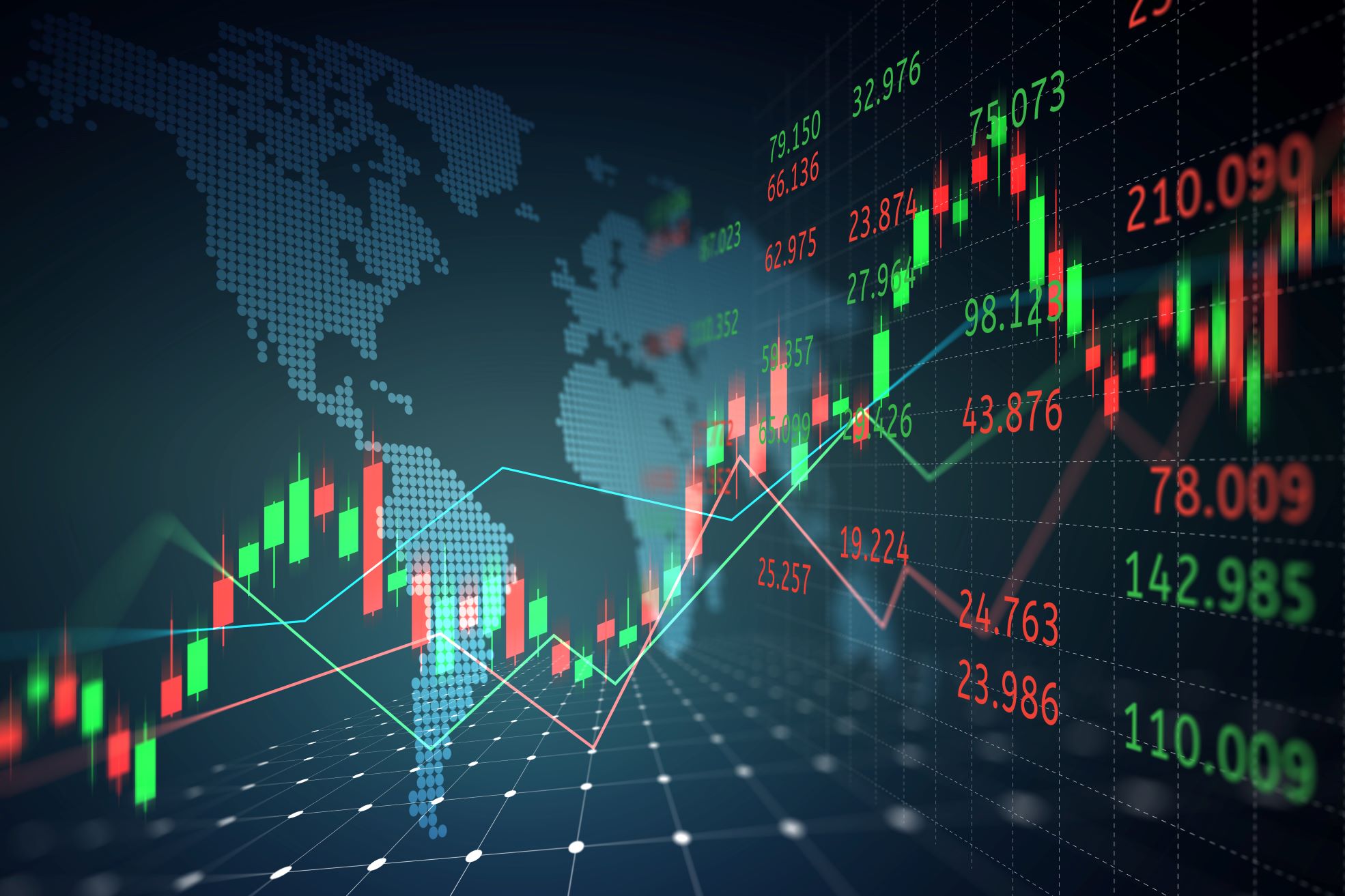As global markets continue to grapple with uncertainty, investors in Israel are facing a unique set of challenges amid geopolitical tensions and shifting economic landscapes. Concerns over the trajectory of company profits and the potential impact of catalysts such as tax and interest rate adjustments loom large, prompting investors to reassess their strategies in both the short and long term.
In recent years, the Tel Aviv Stock Exchange has seen a notable divergence from its historical correlation with leading Wall Street indices. While until early 2023, there was a strong alignment between the performance of local and US markets, this connection has weakened considerably, particularly in the wake of geopolitical events such as the promotion of the coup d’état and ongoing conflicts in the region.
Despite efforts to stabilize amidst geopolitical turmoil, the Tel Aviv Stock Exchange has struggled to keep pace with its American counterparts. While the Tel Aviv index 125 recorded a modest return of 7.5% in dollar terms since January 2023, the S&P 500 and Nasdaq surged by 35% and 57%, respectively, during the same period.
Erez Wilf, a senior investment manager at Altshuler Shechem, attributes this disparity to the relative absence of artificial intelligence (AI) businesses in the Israeli market compared to Wall Street. He notes that while technology stocks have historically driven market growth, Israel’s economy has lagged behind due to its limited exposure to AI-driven industries dominated by major players like Facebook, Apple, Amazon, Netflix, and Google.
Wilf suggests that investor sentiment regarding ongoing conflicts, such as the war in Gaza, has been tempered by the perception of these events as “controlled.” However, he warns that unresolved geopolitical issues, particularly concerning Lebanon, pose significant risks that could dampen market performance in the long term.
Despite these challenges, Wilf identifies potential avenues for market growth, particularly in the chip industry. Israeli companies such as Tower, Nova, and Camtech, which are heavily influenced by global trends in AI technology, hold significant weight in the local market indices. Additionally, renewed interest in technology companies could drive investment inflows and boost tax revenues through exits and acquisitions, providing a positive macroeconomic outlook.





0 Comments